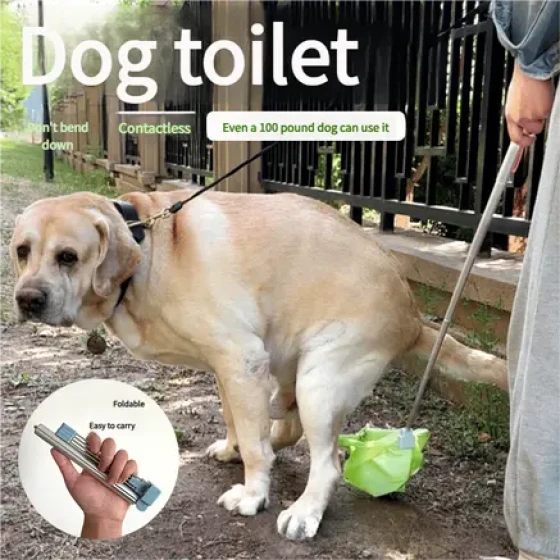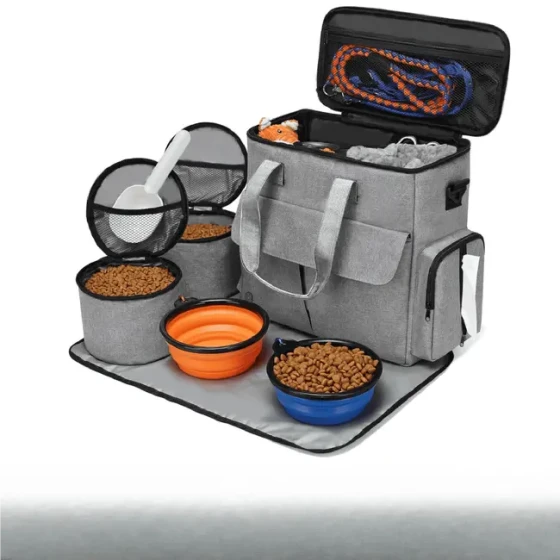Common Problems and Feeding Precautions for Senior Dogs

Diet Should Be Easily Digestible
No matter what creature it is, aging is inevitable. Although we may be unwilling, our dogs will gradually grow old over time. As they age, their bodily functions gradually decline, and they require more meticulous care from their owners. A dog's lifespan is somewhat related to its breed, but it mainly depends on the owner's way of care.
Generally, to judge a dog's age, one usually observes its teeth. Usually, dogs over 7 years old are considered senior dogs. Cats generally live longer than dogs; an 8-9 year old cat can be called a senior cat. Besides age, we can also easily see some changes in a dog's appearance.
Once a dog grows older, it needs to visit the veterinarian more frequently, at least once a year for a physical examination. This is vital for the dog's health. Although not every check-up will find problems, senior dogs need regular blood and urine tests to check their health. Below are some common health issues dogs often experience in old age: generally, as dogs age, they have more dental problems, so it is important to keep an eye on their oral hygiene. In terms of diet, choose food a bit softer than before and easy to digest.

Proper Exercise Is Still Very Necessary
When dogs reach a certain age, heart problems can develop. It is best to have a vet check their heartbeat; if there are issues, you can ask immediately. Senior dogs are most prone to joint problems; many dogs develop arthritis as they age. With aging, their nutritional needs change. As an owner, you need to reduce the dog's total calorie intake and increase dietary fiber in their food to promote smooth bowel movements. Aging dogs’ chronic ailments can have more serious consequences, so they require more comprehensive exams to detect cancer or organ failure in time.
For senior dogs, in addition to regular check-ups, other measures are also essential. Choose appropriate dog food based on the dog's age and lifestyle, avoiding excessive calorie intake but increasing dietary fiber. Increase DHA and EPA in the dog food; these help dogs recover from arthritis and other joint diseases. If dogs have heart disease, kidney disease, diabetes, or other conditions, prescription diets can be fed. For heart disease, low sodium dog food is necessary; for kidney disease, controlling calcium, phosphorus, and other electrolytes in dog food is important. For different situations, it’s best to consult a vet first.
Senior dogs still need appropriate exercise, which can slow functional decline. But choose suitable activities based on their condition; for example, for older dogs, avoid activities with high spinal pressure like climbing stairs or hiking. If the dog has existing diseases, care is especially important. For illnesses such as kidney failure or diabetes, diet is critical. Owners must know what dogs can and cannot eat.



-560x560.webp)